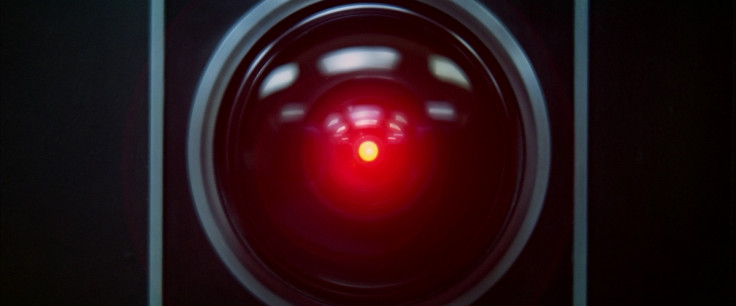Google's latest bot can lend tech support and discuss philosophy

Forget "foreign accents" answering tech call supports, a robot could be the next neutral hand at help desks. This one can also tackle questions on existential angst.
Machines with dreams and those that produce creative artwork are fast approaching.
Artificial intelligence (AI) research at Google has begun teaching computers to hold discussions on mundane daily tasks, and even engage in abstract philosophical discourses.
The latest system was able to help users diagnose and fix computer problems, including internet browser and password issues.
The robot also responds to complex questions like "what is the purpose of life" with "to serve the greater good" and "what is purpose of living" with "to live forever".
The amazing aspect is that the bot computers are purely data-driven and are not fed any assumptions or hand-coded responses.
The robot converses by predicting the next sentence given the previous sentence or sentences in a conversation.
It is able to extract knowledge from both a domain specific dataset, and from a large, noisy, and general domain dataset of movie subtitles, says the research paper.
The bot can be trained end-to-end.
The system is built to model language and conversation based on examples seen in corporate or public documentation, reports Bloomberg.
A neural network, which mimics part of the human brain's neocortex, supplemented with a longer-term memory component helped develop an understanding of context.
"These predictions reflect the situational context because it's seen the whole occurrence of words and dialogue that's happened before it," Jeff Dean, a Google senior fellow said.
Thinking and dreaming bots
Conversational AI tools have been part of the research at Google's research group DeepMind in London.
Geoff Hinton, a distinguished researcher at Google, is working on thought vectors that distil the meaning of a sentence and compare it to other sentences or images. This would deliver appropriate behaviour in conversations.
Another project named Descartes has engineer Ray Kurzweil working on dialogue agents that provide bots with their own motivations and goals.
That would be exactly what people like Stephen Hawking and Elon Musk have been warning against when saying that the development of artificial intelligence benefits rather than hinders mankind. Hawking in fact has warned that AI could even result in the demise of humanity as the bots take off on their own and re-design at an ever-increasing rate.
© Copyright IBTimes 2024. All rights reserved.





